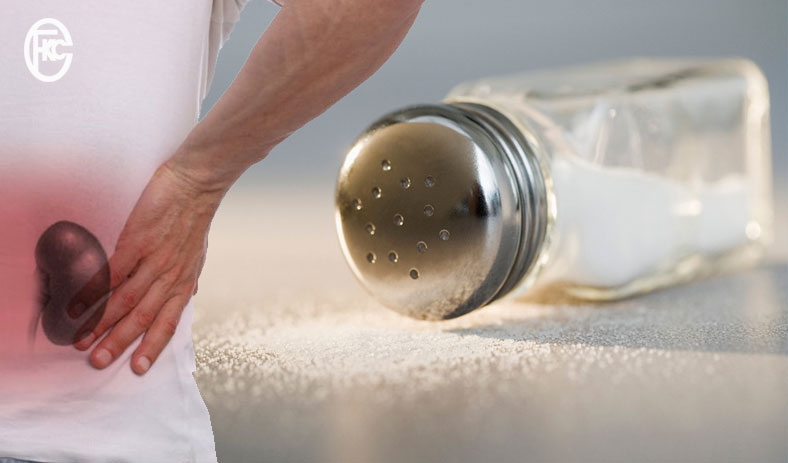
Overview:
A low sodium diet is essential for managing kidney health, particularly for individuals with chronic kidney disease (CKD) or those at risk of developing kidney problems. Sodium, a key component of salt, can significantly impact kidney function and overall health. Reducing sodium intake can help manage blood pressure, reduce fluid retention, and prevent further kidney damage.
Understanding Sodium’s Impact on Kidney Health
In maintaining fluid balance and blood pressure, sodium plays a crucial role. However, excessive sodium intake can overwhelm the kidneys, which are responsible for filtering excess sodium from the blood. A low sodium diet helps alleviate these issues by minimizing the kidneys' workload.
Benefits of a Low Sodium Diet
1. Improved Blood Pressure Control: High sodium levels contribute to elevated blood pressure, a major risk factor for CKD progression.
2. Reduced Fluid Retention: Excess sodium can cause the body to retain fluids, leading to swelling and weight gain. A low sodium diet helps manage fluid balance, preventing edema and the need for diuretics, which can further stress the kidneys.
3. Slowed Disease Progression: For individuals with CKD, managing sodium intake can help slow the progression of the disease by reducing the kidneys' workload and minimizing further damage.
Effective Strategies for Managing Sodium Intake
1. Read Nutrition Labels: High levels of sodium can be present in packaged foods. Reading nutrition labels can help you identify products with lower sodium content and make healthier choices.
2. Cook at Home: Preparing meals at home allows you to control the amount of sodium added to your food. Use fresh ingredients and experiment with herbs and spices to enhance flavor without relying on salt.
3. Choose Fresh and Whole Foods: Fresh fruits, vegetables, and lean proteins are naturally low in sodium. Incorporating these into your diet can help maintain a low sodium intake while providing essential nutrients.
4. Be Mindful of Condiments and Sauces: Many condiments, sauces, and dressings contain hidden sodium. Opt for low sodium or homemade versions, and use them sparingly.
5. Limit High Sodium Foods: Foods such as canned soups, deli meats, processed cheeses, and salty snacks are often high in sodium. Reducing or avoiding these foods can significantly lower your sodium intake.
6. Increase Potassium Intake: Potassium helps counteract the effects of sodium and can support kidney health. Include potassium-rich foods like bananas, oranges, and spinach in your diet, but consult with a healthcare provider to ensure proper balance, as excessive potassium can also be problematic for some individuals.
Practical Tips for Adapting to a Low Sodium Diet
Gradual Changes: Reducing sodium intake can be challenging, so make gradual changes to your diet. Start by cutting back on added salt and slowly transition to lower sodium options.
Stay Hydrated: Drinking plenty of water helps the kidneys flush out toxins and maintain proper fluid balance. Aim for a balanced hydration approach based on your healthcare provider’s recommendations.
Seek Professional Guidance: Consult with a registered dietitian or healthcare provider to develop a personalized low sodium plan tailored to your specific health needs and dietary preferences.
Conclusion:
Managing sodium intake is a crucial aspect of maintaining kidney health and preventing further damage. By adopting a low sodium diet and making mindful food choices, individuals can support their kidneys, improve blood pressure control, and enhance overall well-being.